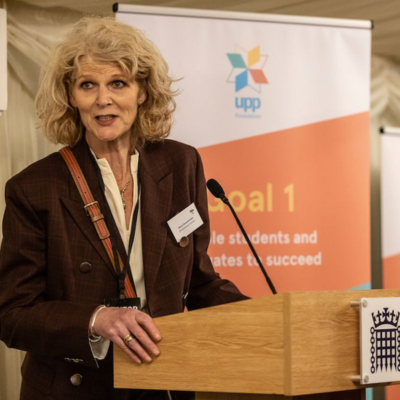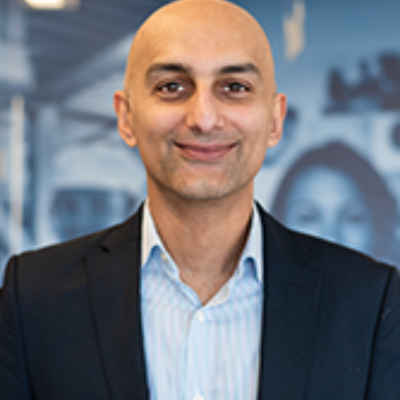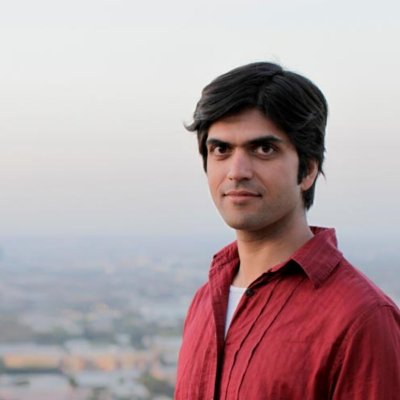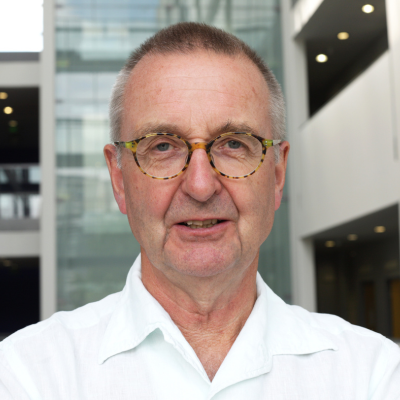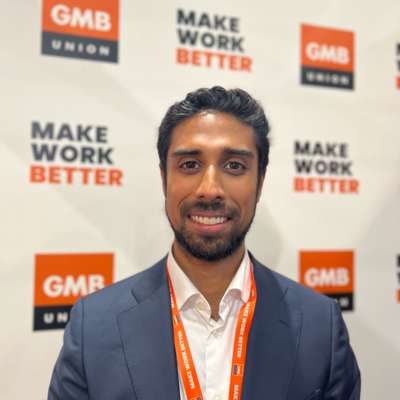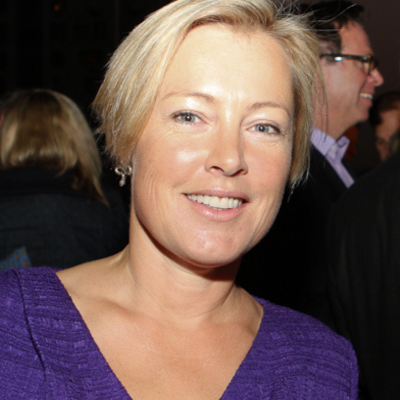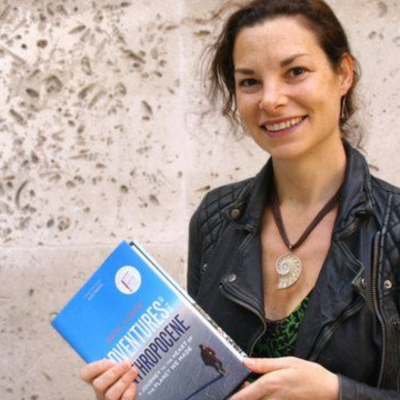Science, innovation, and national priorities:
Deciding the future of food, education, and health
Tuesday 14 November, One Moorgate Place
In-person, one-day event in London
In 2023, the programme focused on the pressures felt across society. Rising prices have shone a light on the issue of food security; advances in AI are shifting the education and skills landscape; and new applications of health technology could change how conditions are diagnosed and treated. In each of these areas, science and innovation are driving progress, but also presenting questions about the long-term future of systems that underpin daily life.
Download a copy of the programme to find out more about the day (opens in a new tab)




